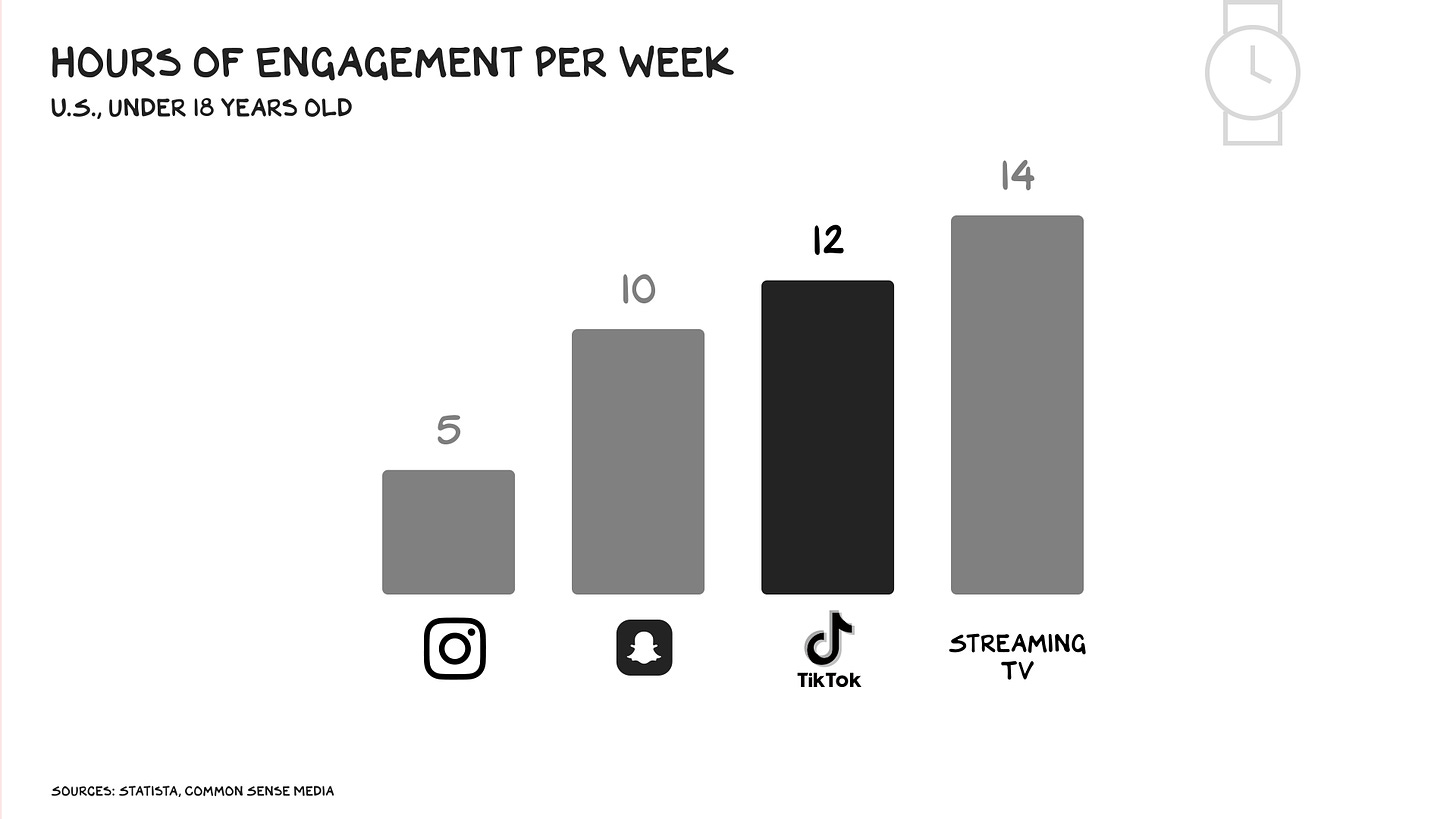Hi all,
Welcome to the new look of the Thoughts from a Bench newsletter! You’ll now be able to read new posts both via email and directly on the newsletter website on Substack.
Thanks to everyone I reached out to who provided feedback on the newsletter brand and name. Much appreciated.
Looking forward to sharing many new ideas over the next few months.
—Brendan
“Would you like chips or cookies?”
On a recent flight, I was tempted to respond with “Can you just pick for me?”
Ah, the burden of making decisions. Some psychologists estimate you can make up to 30,000 of them in a day. The cognitive load can quickly accumulate as you mull over the “right” sign-off for an email (personal anti-favorite: “Cheers”), the fastest road home, the optimal time for pasta in the microwave. By the end of it all, you can experience what psychologists call decision fatigue. The quality of your decisions can suffer when you’ve simply made too many already.
Sensing the unpleasant friction associated with making decisions, some businesses have done well by eliminating them for their customers. On TikTok, open the app and recommended content just starts playing. No decisions. Users under 18 can average 12 hours per week on TikTok partially because the cognitive load of doing so is almost nonexistent. Sit back, consume.
(Above image is from Scott Galloway’s post here)
Another example comes from my local Trader Joe’s. When it’s time to check-out, there is just a single line and they tell me where to go and when it’s my turn. Gone are the days of trying (and failing) to predict, based on quick stereotyping and observed throughputs, which check-out line will move the fastest. The shopping experience is altogether more pleasant when the onus is not always on you to decide… and execute.
The Less I Choose the Better?
Despite how challenging, stressful and exhausting it can be to make decisions, most people will admit they enjoy having the freedom to choose. He wants a horchata; she wants a cortado. He wants to choose a new career; she wants to choose a new partner. We sense life would be easier if the tough decisions were all made for us, but what fun would that be? One’s purpose in life and the control over its direction are tightly related. Still, only a minority of decisions are important to get completely right. Many others… aren’t. We should conserve our best discernment for the former category of decisions. For the latter? They’re often worth less effort than we think.
Psychologists provide practical advice on how to prioritize decisions. The below strategies can help you eliminate unnecessary decisions on a daily basis so you can bring more oomph to the important ones:
1) Satisfice: For routine decisions, sacrifice “perfect” with “good enough”. Is it satisfactory? Good. Move on to bigger and better decisions. Why? As psychologist Lynn Bufka says, “Most decisions are not going to be 100 percent irrevocable or going to determine the path of our lives.”
2) Automate: Eliminate routine decisions altogether through automation. You can automate when/whether to exercise, when/whether to eat breakfast, when/whether to call a significant other (the whether should probably default to… yes). Everyone will want to automate different things. For me, I enjoy picking out what I’m wearing each day. For breakfast? “I am the egg man.”
3) Pace: When and where at all possible, avoid making several important decisions in a row. Decision fatigue can kick in. If you sense yourself feeling tired or grouchy, put off the next big decision to the next day after some sleep. As psychologist Roy Baumeister writes, “Sleep is tremendously important for willpower and decision-making. […] Decision fatigue tends to accumulate over the day. Sleep restores energy, so you’re better able to face things.”
Cruising Altitude
As I was munching on my cookies in my tiny airplane seat, the pilots several rows ahead of me were successfully navigating the plane from Omaha to Atlanta. Before take-off, they used the oldest trick in the book for eliminating extra decisions: the checklist.
Rates of error in the aviation industry are low. Checklists aren’t the full story, but they play a critical role in supporting pilots who are tired and stressed and must conserve their focus for the big decisions.
Chips or cookies? The decision has been permanently been made about that particular decision. From here on out: cookies.




